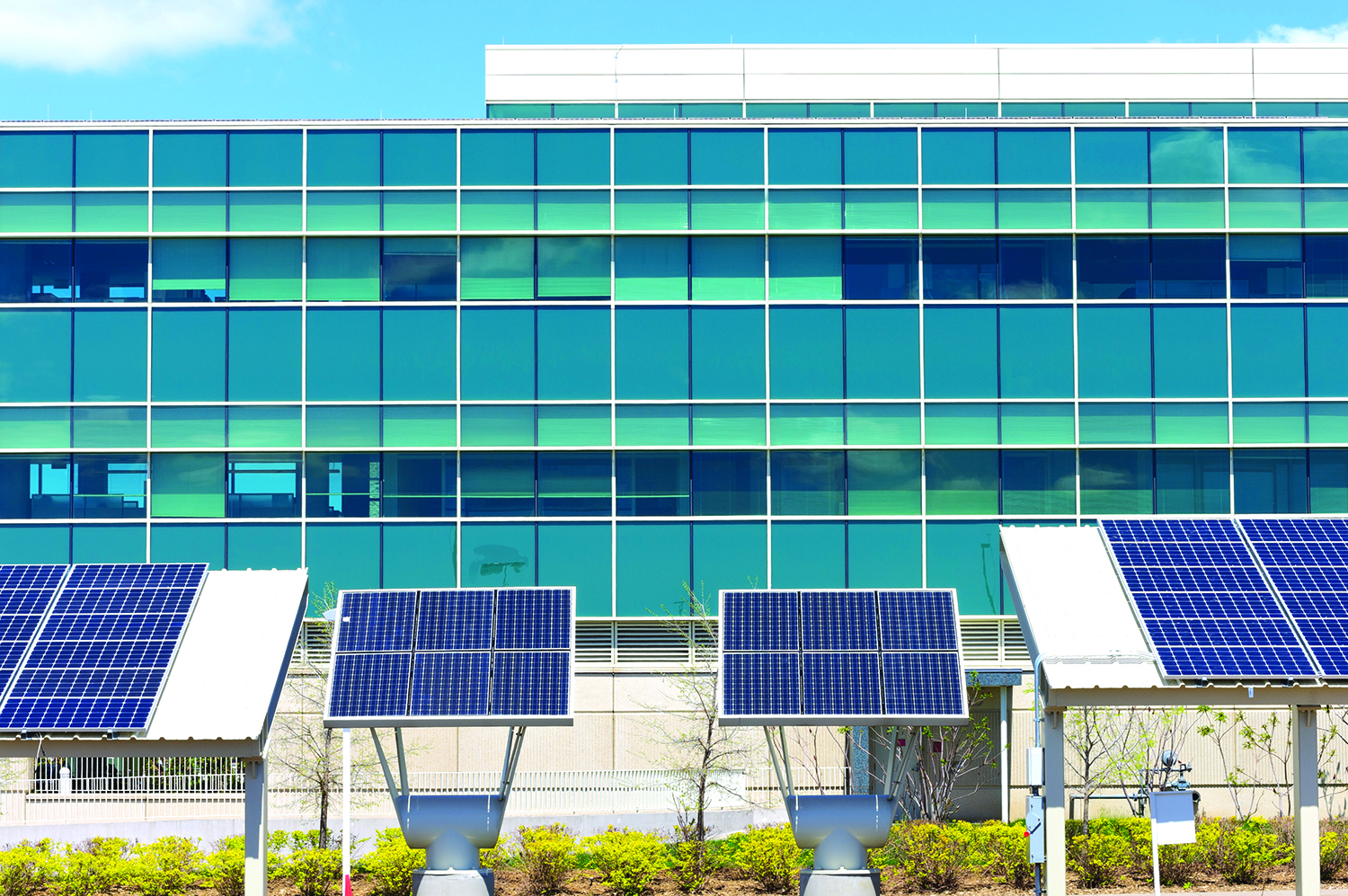EP100 – Transformational benefits of doubling energy productivity
We Mean Business
More and more companies are realising the transformational benefits of setting an ambitious energy productivity goal. They range from huge cost savings and improved energy security to driving innovation throughout the company. And crucially, many companies are achieving an immediate impact on profitability as well as safeguarding future returns.
Companies can seize these opportunities by committing to doubling energy productivity through the EP100 initiative, from The Climate Group in partnership with the Alliance to Save Energy, as part of the We Mean Business coalition.
Here are 3 reasons companies are committing to doubling their energy productivity:
Cost savings
One of the clear benefits for companies pushing for increased energy productivity is cost savings. Reducing the burden of energy bills has the potential to directly drive profitability in a clear and measureable way.
Johnson Controls, one of the first companies to join The Climate Group’s EP100 corporate commitment campaign, has already managed to generate savings of more than US$100 million in energy costs each year by increasing its energy productivity by two-thirds since 2002. For a business with a 10% return on sales, it would have to find US$1 billion in additional revenue to have the same financial impact, according to the company’s Vice President for Global Energy & Sustainability, Clay Nesler.
Nesler also points out that most of the company’s energy productivity improvements have been through low-cost and no-cost measures with paybacks in less than two years. Now Johnson Controls aims to secure further cost savings through its EP100 commitment to double energy productivity by 2030, from a 2009 baseline.
Meanwhile, a study by the Rhodium Group on behalf of the Alliance to Save Energy, found that doubling energy productivity in the US by 2030 could save US$327 billion a year in energy costs, add 1.3 million jobs, and reduce CO2 emissions by 33% below 2005 levels.
Innovation
Embracing innovation is central to achieving energy productivity gains, as forward-looking companies excel in finding new ways to drive their business forward while making better use of energy.
Land Securities, the UK’s largest listed commercial real-estate company, is using innovation to increase energy productivity significantly. The company is increasing its investment in LED lighting across its retail portfolio and is working with customers to ensure that all floor space that it lets is of a minimum energy efficiency rating.
Land Securities has already reduced the energy usage of its London office portfolio by 13% in three years, and has installed one of the largest solar arrays on a shopping center in Europe. The company has also pledged to double its energy productivity within 20 years from 2014 levels, ensuring this innovative approach continues to deliver results.
Innovation in energy productivity can simply be doing more with less to achieve significant results. As Steven Kukoda, Vice President of International Copper Association, pointed out in Climate Week NYC last September: “There’s so much potential just using existing technologies, and being more efficient with the products that we have today.”
And innovation in energy productivity is also helping to achieve what was once thought impossible. As Dr. Bertrand Piccard, Solar Impulse co-pilot and Chairman, highlights – without a focus on energy productivity technologies, the world’s first solar powered round the world flight could not have taken place.
Tackling climate change
Business accounts for around half of the electricity used worldwide, and significantly improving energy productivity will help towards the goal of limiting global warming to well below 2 degrees Celsius.
A report by the Energy Transitions Commission and Vivid Economics identifies that improvements in energy productivity accounts for as much as 45% of gross carbon emissions reductions in low-carbon scenarios.
According to the report, energy productivity improvements of 2.5 – 3% per year are necessary in order for economic growth to continue. But crucially, the report also highlights that reduced energy demand does not mean reduced economic growth, with low-carbon scenarios achieving annual GDP growth comparable to high-carbon scenarios.
EP100 is a global, collaborative initiative of influential businesses that pledge to double their energy productivity. By committing to doubling the economic output from every unit of energy consumed, companies set a bold target, demonstrating climate leadership while reaping the benefits of lower energy costs.
For more info – or to join the campaign – contact:
Jenny Chu, Head of EP100, The Climate Group
+44 (0)20 7960 2970
[email protected]

